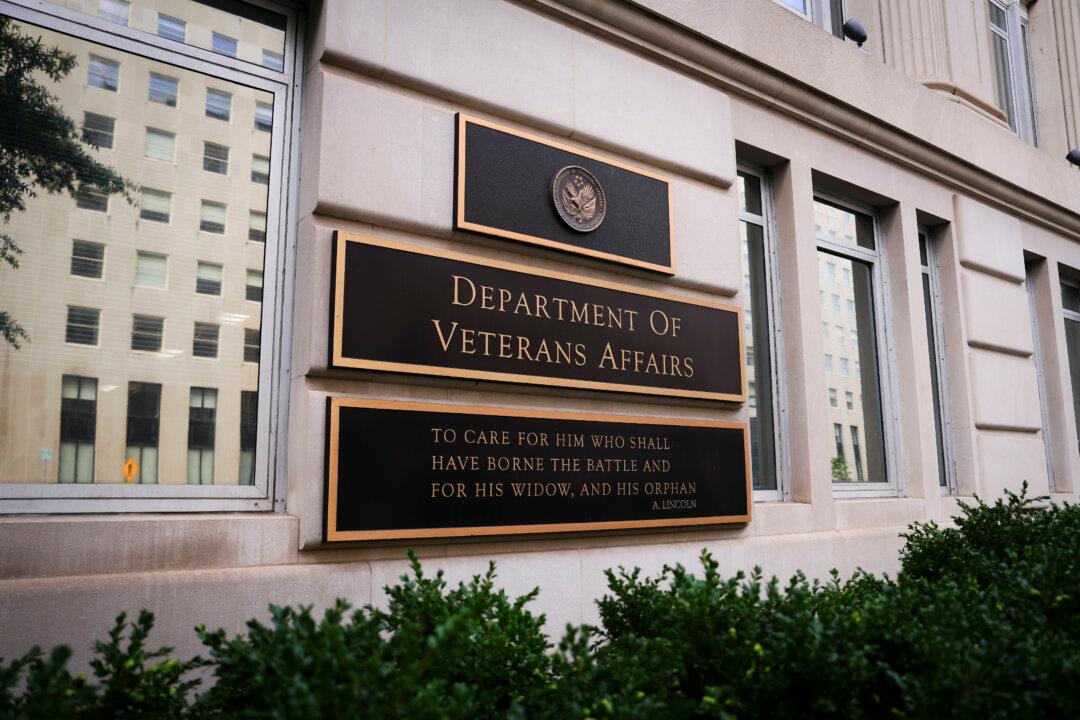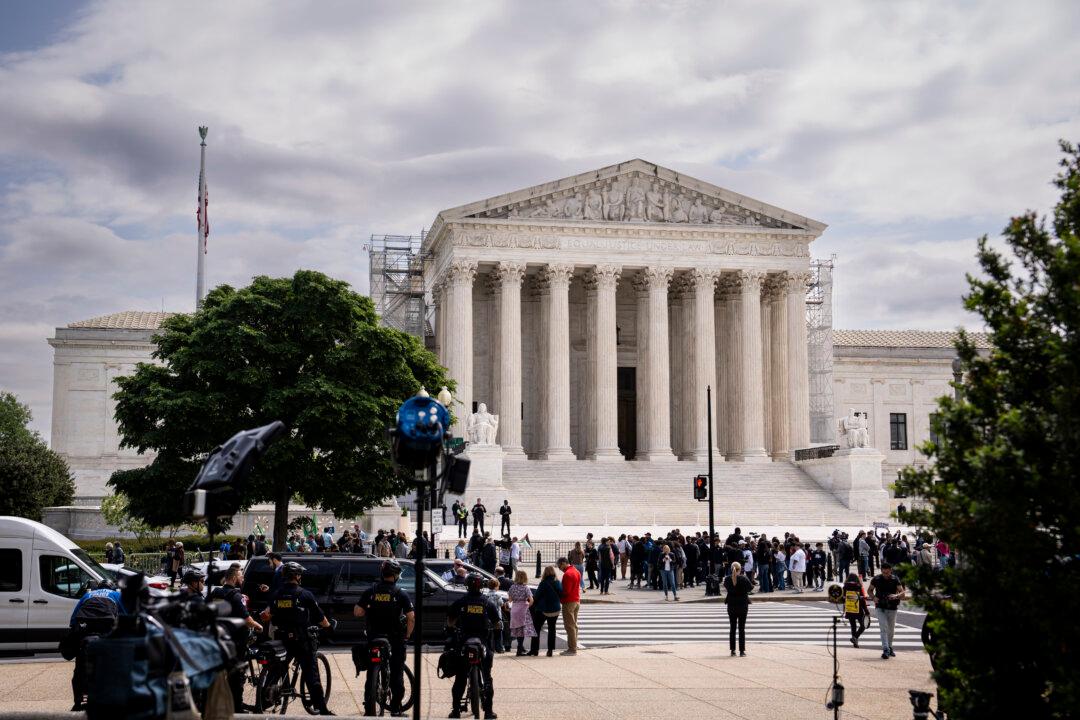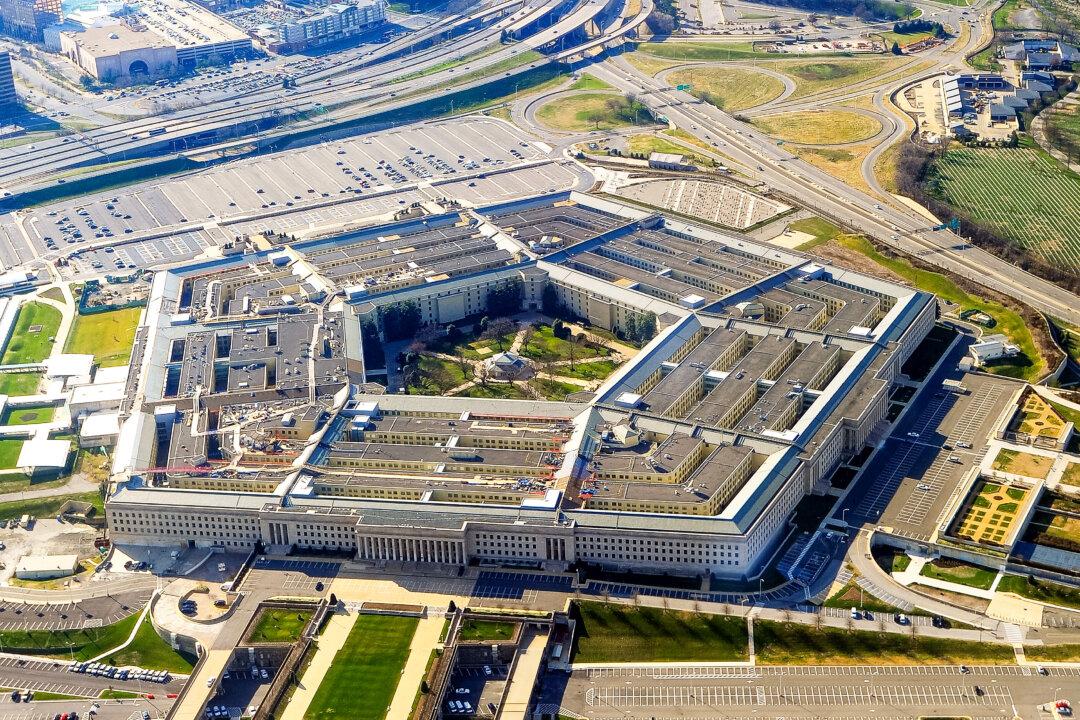Disabled veterans say they are not receiving compensation for their first month after discharge.
The Epoch Times spoke with United States Air Force Lt. Col. (ret.) Jackie Frederick, a former air battle manager with over 1,000 hours on the E-3 AWACS (Airborne Warning and Control System) aircraft.




